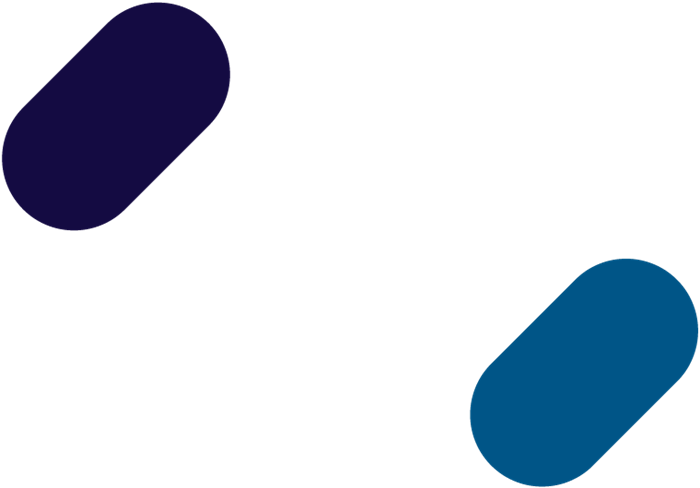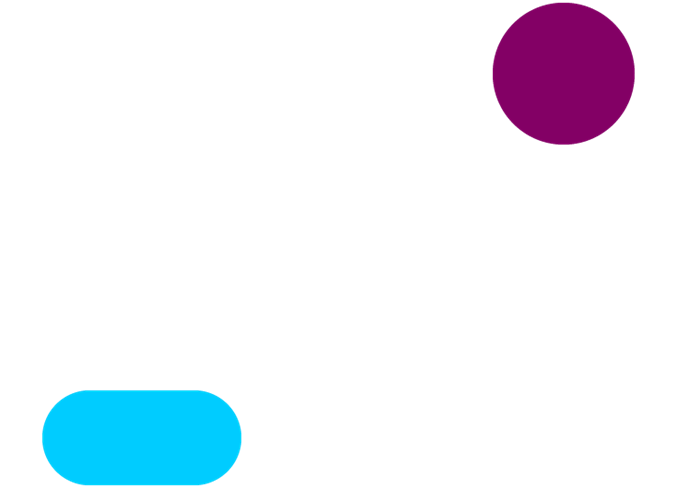
AI designed for healthcare & life sciences
With IQVIA Healthcare-grade AI®, we’re building on our rich history of deploying AI to connect the right data, technology, and expertise to address the unique needs of each challenge we help our customers solve.

IQVIA Healthcare-grade AI®
IQVIA partnering with NVIDIA to accelerate Healthcare-grade AI®
Generative AI
Meet your new AI Assistant
Our latest thinking on generative AI

CASE STUDIES
Improving patient outcomes and closing care gaps
IQVIA is working with life sciences companies, governments, and non-profit organizations to power smarter healthcare with advanced AI capabilities.

Closing care gaps with Social Determinants of Health (SDoH)
Solution: IQVIA assisted NorthShore with the use of Natural Language Processing (NLP) to assess that unstructured data across multiple sources.
Results: NorthShore is now able to help close care gaps by identifying and screening 56% more at-risk patients. In one example, they were able to identify at least one SDoH risk factor in 30% of their patient population (up from only 0.1%).

Reducing risk of stroke for AFib patients
Solution: The risk of stroke for AFib patients was predicted using EMR data including age, gender, and clinical risk factors (e.g. Congestive Heart Failure, Hypertension, Stroke/Transient Ischemic Attack, Diabetes, Vascular Disease).
Results: Annul strokes reduced by approximately 22% during the implementation phase compared to the prior period. This also led to an estimated reduction in healthcare costs amounting to an annual savings of approximately $2m.

Improving care for patients with Type 1 Diabetes
Solution: IQVIA developed an AI algorithm on EMR data, to identify misdiagnosed Type 1 among patients with Type 2 at different points in the patient’s treatment journey.
Results: Inputs into the AI algorithm are routinely collected in EMR data – thus available within any Healthcare Organization (HCO) providing opportunity to deploy the program at scale. The algorithm is currently being prospectively validated at 4 US HCOs testing 2 different scaling paths.

Enhancing routine care for diabetes and CVD
Solution: IQVIA developed 14 decision support tools that can be used by physicians to help guide screening, improve preventative care and optimise disease management.
Results: The program is being delivered by a cross-functional team of local and global IQVIA experts over a three year period.

Identifying patients at risk for respiratory disease
Solution: IQVIA deployed the AI/ML Platform capability to identify and profile eligible patient populations with unmet needs. The patients were profiled based on sub-national concentration, demographics and other clinical drivers, with focus on physicians treating them.
Results: Patients predicted for high likelihood to have respiratory disease with 86% precision, while removing approximately 30% of non-target patients from the target population data. Furthermore, a 6-month analysis of patients on this new treatment showed a 17% reduction in uncontrolled disease status.
Responsible AI
We work with partners globally to responsibly advance AI

Pragmatic Application of Healthcare AI Governance
This document explores regulatory frameworks and guidelines for Artificial Intelligence (AI), highlights common foundational principles of best practice, and provides tangible examples of data and analytics management approaches to meet some of these best practice guidelines.

ChatGPT, Large Language Models and NLP – a clinical perspective
Related solutions
See how we bring together global data assets, AI-powered analytic solutions, and industry-leading healthcare expertise
Mobilize your textual data with enterprise NLP extraction at scale
Insights are trapped in mountains of text. NLP sets them free.





























